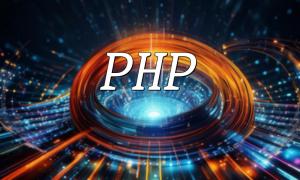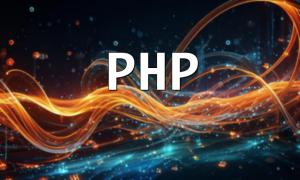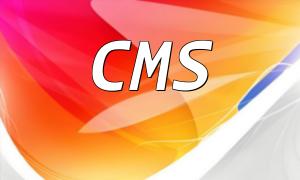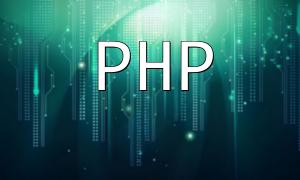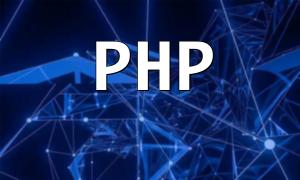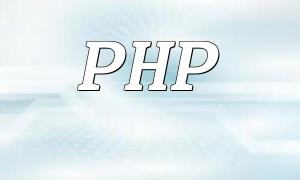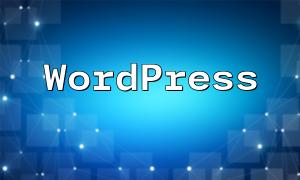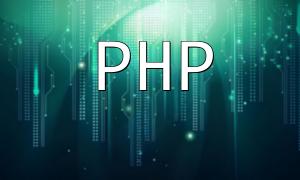With the rapid development of the internet, web applications have become an indispensable part of daily life and business operations. To address complex demands and challenges of efficient development, PHP frameworks provide a powerful solution to streamline the web application development process, improving maintainability and scalability. This article will analyze the PHP framework's development characteristics and its core features from a functional perspective.
The MVC (Model-View-Controller) architecture is a commonly used design pattern in web application development, dividing the application into three core components: Model, View, and Controller. PHP frameworks implement MVC architecture to help developers organize application logic clearly:
This layered design improves code readability, maintainability, and reduces the coupling between different components.
Routing refers to mapping user requests to specific controllers and methods. PHP frameworks provide flexible routing features, allowing developers to define custom routing rules based on their needs. By setting URL patterns, the framework accurately directs requests to the appropriate controller and method, greatly simplifying the request-handling process.
Modern web applications often need to interact with databases. The PHP framework offers a database abstraction layer that provides a simplified and efficient way to perform database operations. Developers can execute queries using the framework's built-in API, without having to write complex SQL queries. This approach reduces development complexity and enhances application portability.
Form validation is an essential part of ensuring the security and correctness of user inputs in web applications. PHP frameworks provide built-in form validation features that help developers validate user inputs effectively. Common validation rules include checking required fields, validating email formats, and password strength. By utilizing the framework's built-in validation mechanism, developers can reduce repetitive code and improve development efficiency.
Security is critical in web applications, and PHP frameworks offer comprehensive user authentication and authorization features. Developers can easily implement user registration, login, and permission management. By using the framework's authentication system, developers can focus more on business logic and avoid the complexities of handling user authentication and authorization manually.
To improve the performance of web applications, caching is a common optimization technique. PHP frameworks provide built-in caching features that allow frequently accessed data to be stored in memory, reducing database calls and significantly improving application response time. By using caching effectively, developers can reduce server load and enhance user experience.
Error handling and logging are essential parts of any complex application. PHP frameworks provide convenient error handling and logging functionality, allowing developers to capture and log errors and exceptions that occur in the application. This feature is crucial for troubleshooting and maintaining the application.
Unit testing is an important step in ensuring the quality of the application. PHP frameworks provide unit testing capabilities, allowing developers to write test cases to validate code correctness. By performing early testing, developers can detect and fix potential issues early, ensuring the stability of the application.
By using PHP frameworks, developers can efficiently and flexibly build reliable web applications. From MVC architecture to routing, database handling, form validation, user authentication, caching, error handling, and more, PHP frameworks offer comprehensive support for web application development. In the future, PHP frameworks will continue to play an important role in helping developers quickly respond to the growing demands of web applications.
